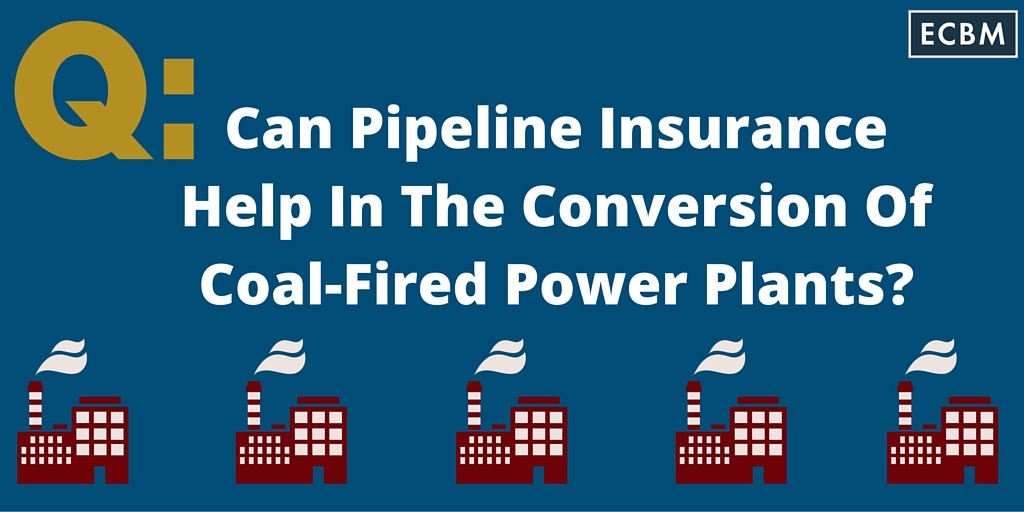
There are approximately 557 coal fired power plants in the US. In Pennsylvania alone there are 40. Throughout the years, coal was the “go to” fuel source for about 44% of the electric power in this country. Now new EPA regulations will make it necessary to move power generation in a different direction. These old coal-fire power plants are not necessarily shutting down- many of these facilities will be repowering with other fuel sources.
Some of the older and smaller coal fired plants will be deactivated by 2016. Their replacement or conversion to another fuel source will be too expensive to undertake. Others will contemplate the options, but with the abundance of natural gas now available in the US, this is a likely alternative.
Supply Concerns For Plants Converting From Coal To Gas
One of the concerns coal fired plants have regarding conversion to gas is, in the past, they had a pile of coal outside their facility that was both visible and calculable. Now with a gas pipeline as their only means of power, they have to rely on something unseen. If, for instance there was some type of accident and the pipeline is compromised, they would be unable to provide electric power due to the suspension of the delivery of gas.
Who would compensate them for the business interruption as a result of this non-delivery scenario? Even if there is a backup plan, there will still be some down time. If there was an accident at the connection on-site, how would they be compensated for the release and any damage it may do- including environmental impact? All of these are valid concerns of power plants converting to alternative energies.
A More Secure Future
ECBM, with a history in creative solutions for many high-risk businesses, have examined these scenarios for our clients and have worked to find a solution.
We have developed a Pipeline Warranty Policy that works outside of the traditional insurance box.
How is ECBM’s Pipeline Warranty Policy Different?
- This insurance product does not need a third party to bring a claim against you for coverage to be accessed.
- The intention of the policy is to cover newer pipelines carrying gas, steam or cold water located in the United States.
- In the event of a failure in the pipeline caused by anything from wear and tear to accidental puncture, the owner/operator will be responsible for the repair or replacement of that section of pipe.
Meeting The Needs Of Businesses And Communities
- With this insurance product it will not be necessary for a third party to report the break and file a claim against the owner/operator.
- By virtue of the fact that it happened, the claim can be reported.
- If the release causes an environmental incident including natural resource damage, the policy will respond.
- There is business interruption coverage for the end user including an electric power plant.
Because we can cover the lateral lines necessary to bring natural gas to electric power plants, our philosophy of responsibility in insurance can help achieve the ultimate goal- of converting coal power to other alternative fuels.
READ MORE: Smoothing Pipeline Kinks
Our Promise
The goal is to make coal fired plants comfortable with the transition. We can assure the power plant that in the event of an accident, there will be someone to pay for the repair or replacement. This includes damage to the area- including environmental. We can also assure business owners that they can stay in business with interruption coverage.
So… Insurance, in this case, can help with the conversion of coal fired power plants to alternative fuels.


